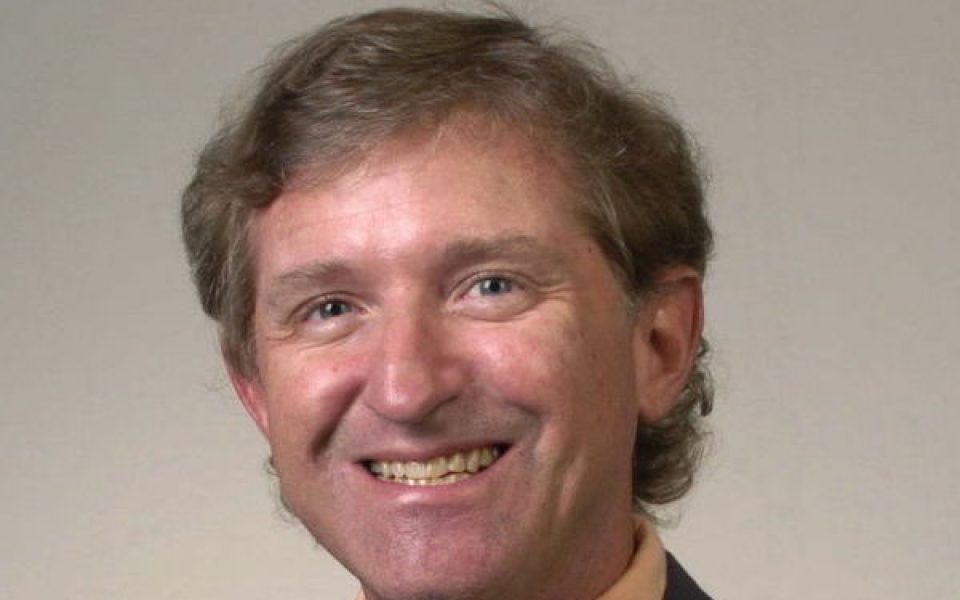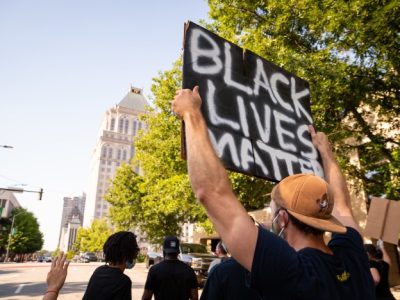by John Railey
There is a needed symmetry developing in the local push to reduce poverty, and Winston-Salem State and Wake Forest universities will continue that alignment with a panel on Thursday at Wake Forest: “Transportation and Inequity in Winston-Salem.”
The event is the first in a series, “Transportation is Everything,” organized by the Wake Forest Humanities Institute. More information on the series can be found at https://humanitiesinstitute.wfu.edu/programming/tie.
This promises to be a lively discussion that could encourage dialogue in our communities.
The lack of reliable transportation to get to jobs, among other crucial destinations, cuts across almost every facet of local poverty. The general subject of transportation in Forsyth County and Winston-Salem has a long, controversial and complex history that resonates to this day in unresolved problems.
“Transportation issues are not just one-dimensional,” said Elise Barrella, a professional engineer and one of the founding faculty members of the Wake Forest University Department of Engineering. “There’s the policy side, the fiscal-infrastructure side, the service side. There’s housing. It’s a really, really multi-dimensional issue. The panel is taking that approach.”
The other panelists will be Megan Regan, a visiting associate professor of economics at Wake Forest; WSSU economics professor Craig Richardson; and WSSU geography professor Russell Smith. Richardson is the founding director of WSSU’s Center for the Study of Economic Mobility.
Smith indicated that transportation inequities here, and nationwide, date back to World War II, when people began to move out of the cities for the suburbs. Later, factories moved out of the cities as well, handicapping residents of poor, inner-city areas in their access to factory jobs. The system, Smith said, has “been predicated on everyone having an automobile…. There is a relationship between the built environment and traffic inequities,” he said.
Regan noted that the transportation problem also limits access to grocery stores for people of low-income.
Bus riders often complain about the Winston-Salem Transit Authority, especially the fact that most of its city-bus rounds are made hourly instead of every 30 minutes, as was the case a few years ago. Research by the Center for the Study of Economic Mobility of local bus riders who commute to their jobs has found that working bus riders spend an average of 12 hours a week commuting, time that inhibits their job advancement and family time, including time spent involved in their children’s schoolwork.
Richardson said: “The effect of urban sprawl and long commutes is that it places a hidden tax on folks without a car — a time tax. Everything from grocery shopping to job-hunting to accessing medical care now has an extra hour tacked on. That is equivalent to a car rider driving to High Point to see a doctor, Walkertown to get groceries and Lexington to get to work — sometimes all in one day. All that means it’s very expensive to be poor.”
Barrella noted another big problem: “There’s a history in cities across the US of putting significant transportation infrastructure though lower-income neighborhoods, like US 52, Business 40 and University Parkway…. What are we doing now to address some of those issues that are still affecting communities, and how can we do that in a way that is neighborhood- and residents-led? They’re the real experts because they’re the ones who experience it every day.”
In regard to the city bus system, one issue may be a lack of awareness. Regan said: “I’m not sure, on average, most of our elected public officials have much experience using the bus system.” One problem, she indicated, may be lack of good data. “Elected officials don’t always have access to complete information,” she said. Perhaps the city should collect better data on bus use, she suggested.
Data is coming from other sources. There is the Center for the Study of Economic Mobility’s research on local bus riders. Significant local data has also come from Phillip Summers, who left his job as a public-health specialist to drive a city bus for a year.
Local professors continue to study transportation and related issues, such as urban infill. They talk about cities making advances in that regard, most notably Portland, Ore. That city has made strides in encouraging urban living and easy transportation, but property and rental prices have shot up in Portland.
Smith acknowledges the challenges in incorporating new ways of strategic planning. “It’s really hard since you’ve been doing something the same way since World War II,” he said.
These are challenges well worth tackling, and the panel on Thursday is part of the path.
Smith said: “We’re talking about how people’s ability to generate wealth and follow the American dream might be impacted by how we build things…. Factories are not going to come back downtown. What are the alternatives? That becomes the question of transportation. It all ties together.”
The panel discussion, free and open to the public, will be Thursday at 5 p.m. at the Z. Smith Reynolds Library Auditorium on the WFU campus. For more information about the Center for the Study of Economic Mobility, click here.
Railey is senior writer and community-relations consultant for CSEM. He is the former executive director of the Partnership for Prosperity, an initiative fighting poverty in Winston/Salem Forsyth County, and the former editorial page editor of the Winston-Salem Journal. He can be reached at [email protected]
Join the First Amendment Society, a membership that goes directly to funding TCB‘s newsroom.
We believe that reporting can save the world.
The TCB First Amendment Society recognizes the vital role of a free, unfettered press with a bundling of local experiences designed to build community, and unique engagements with our newsroom that will help you understand, and shape, local journalism’s critical role in uplifting the people in our cities.
All revenue goes directly into the newsroom as reporters’ salaries and freelance commissions.





Leave a Reply